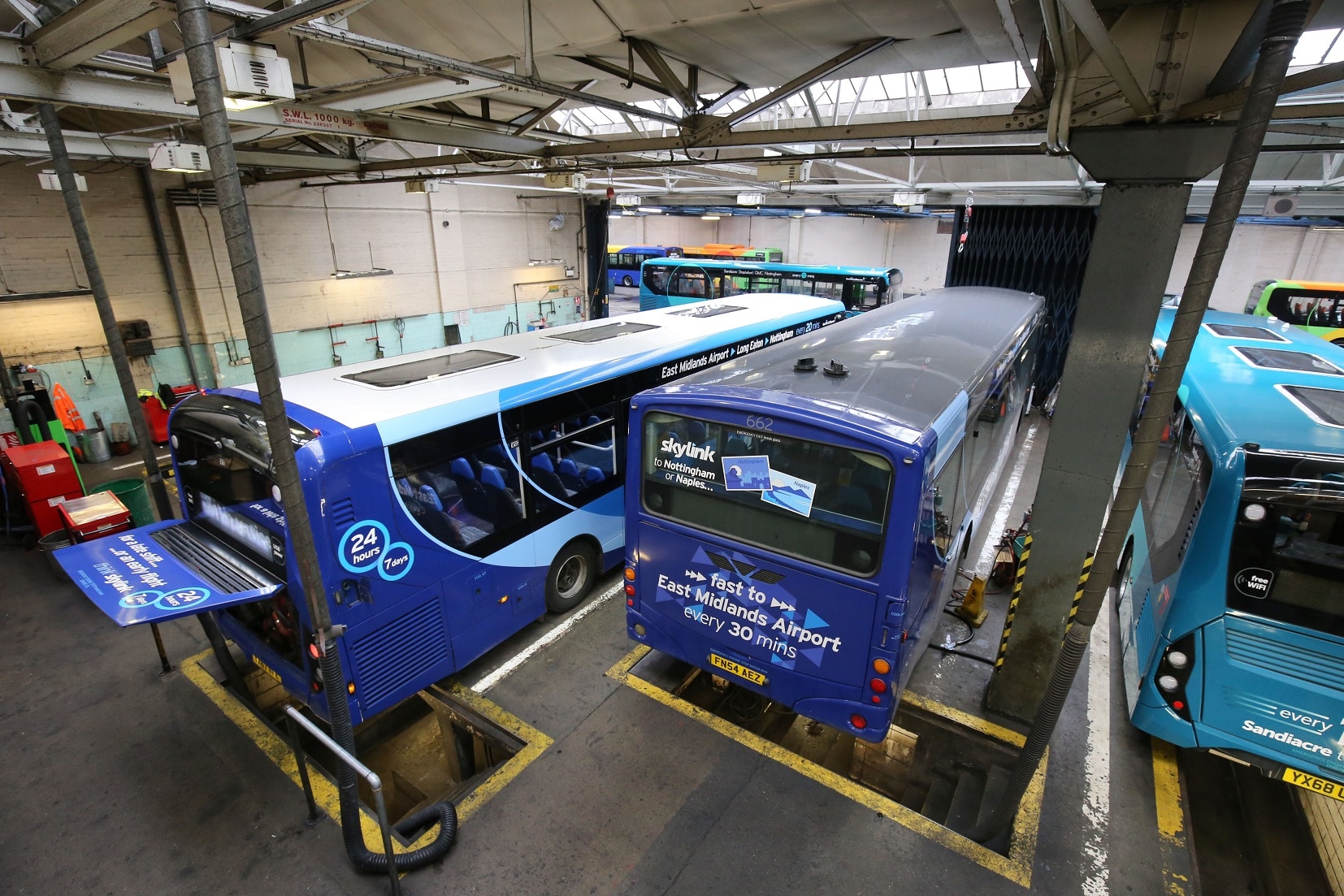Hardened cynics will say: ‘we’ve heard it all before’, or ‘not in my lifetime’, but we would argue that the final section of Leon Daniel’s speech to the Confederation of Passenger Transport (CPT) Annual Dinner, is the most significant to be delivered at that event in a decade (see p7).

As TfL’s MD of Surface Transport, and with a long background in bus operation, he holds a unique position in having an overview of current technology and how it will affect public transport.
If for you, his speech sets out what you believe will never happen, or not outside the capital, Leon will argue that you are being short-termist.
It ignores the pent-up desire for immediate travel and people’s love affair with their smartphones’ ability to deliver things instantly and easily.
Leon’s comments about international payment platforms and ease of use are in stark contrast to how much of the bus industry operates, most of the time.
Uber has already challenged the status quo, while Amazon and eBay – once small start-ups too – have changed the face of retail. The recently reported 5% decline in high street footfall is no coincidence.
So, what to do next? Aside from current apps, m-tickets and the like, the first step is open data, including fares. This will give developers the opportunity to create brilliant apps. But until the industry can truly work together to deliver one integrated, seamless and easy-to-use solution, its obvious vulnerabilities remain for others to attack.

























